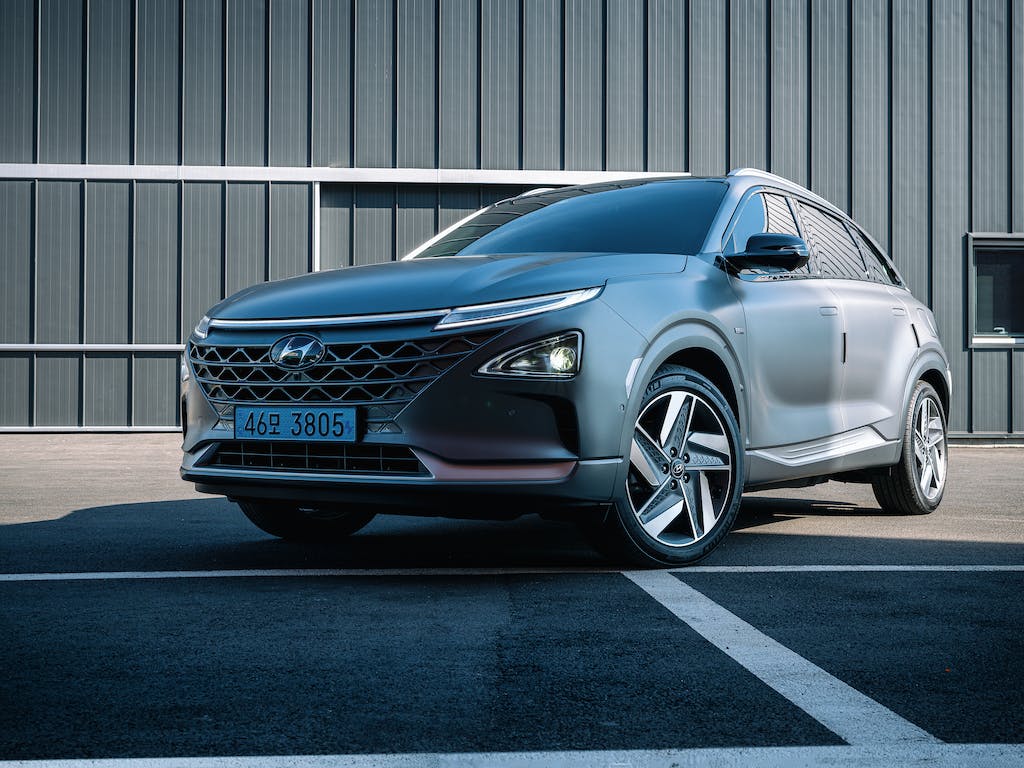Electric Cars: Future of Automotive Industry
In recent years, electric cars have emerged as a promising solution to address environmental concerns and reduce reliance on traditional fossil fuels. As the automotive industry undergoes a significant transformation, electric vehicles (EVs) are poised to play a pivotal role in shaping the future of transportation. Let’s explore why electric cars are considered the future of the automotive industry.
Environmentally Friendly Transportation
Electric cars produce zero tailpipe emissions, which means they don’t release harmful pollutants like carbon dioxide (CO2) and nitrogen oxides (NOx) into the air. By transitioning from gasoline-powered vehicles to electric cars, we can significantly reduce air pollution and mitigate the impact of climate change.
Reducing Dependence on Fossil Fuels
Unlike conventional gasoline-powered vehicles that rely on fossil fuels, electric cars are powered by electricity, which can be generated from renewable energy sources such as solar, wind, and hydroelectric power. By embracing electric vehicles, we can reduce our dependence on finite fossil fuels and move towards a more sustainable energy future.
Lower operating costs
Electric cars have lower operating costs compared to traditional gasoline-powered vehicles. Electricity is generally cheaper than gasoline, which means lower fuel costs for electric car owners. Additionally, electric cars have fewer moving parts and require less maintenance, resulting in reduced maintenance and repair expenses over the vehicle’s lifetime.
Technological Advancements
Advancements in battery technology have significantly improved the performance and range of electric cars. Modern electric vehicles can travel hundreds of miles on a single charge, making them suitable for everyday use and long-distance travel. Additionally, rapid advancements in charging infrastructure are making it easier for electric car owners to recharge their vehicles conveniently.
Government Incentives and Policies
Many governments around the world are implementing incentives and policies to promote the adoption of electric cars. These incentives may include tax credits, rebates, and subsidies for electric vehicle purchases, as well as investments in charging infrastructure. By incentivizing the transition to electric vehicles, governments aim to accelerate the adoption of clean transportation and reduce greenhouse gas emissions.
In conclusion, electric cars represent the future of the automotive industry, offering environmentally friendly transportation, reducing dependence on fossil fuels, lowering operating costs, and driving technological advancements. With continued innovation and support from governments and stakeholders, electric vehicles are poised to revolutionize the way we commute and pave the way towards a cleaner and more sustainable future.


